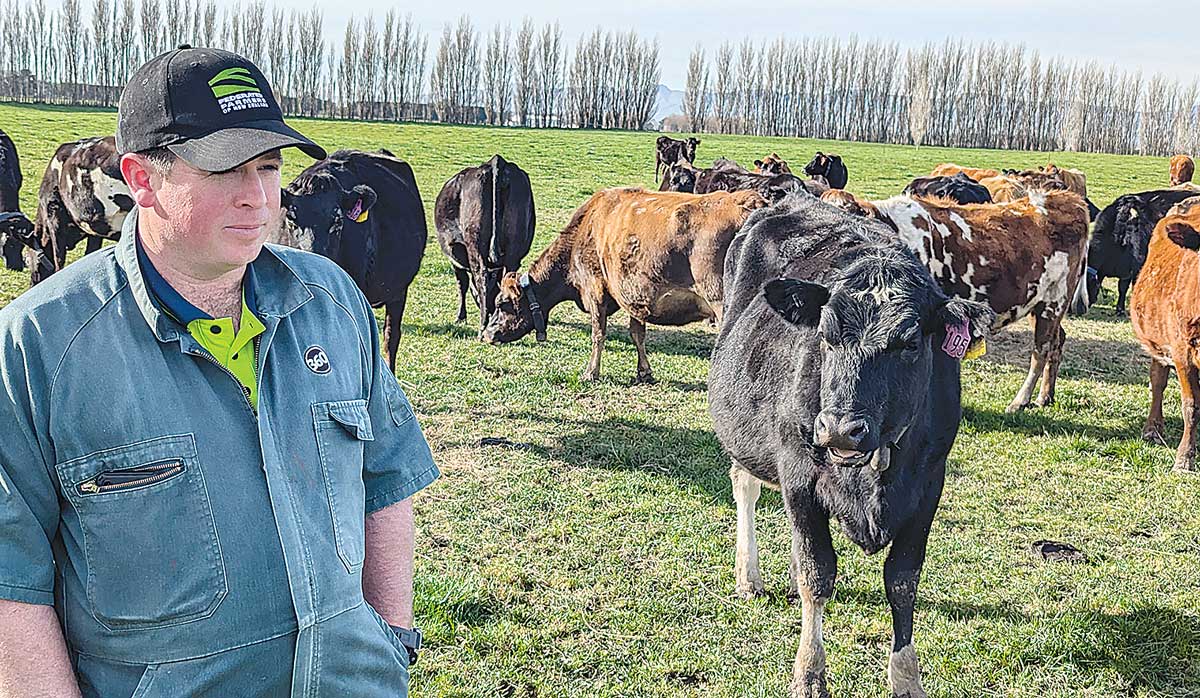Editorial: No joking matter
OPINION: Sir Lockwood Smith has clearly and succinctly defined what academic freedom is all about, the boundaries around it and the responsibility that goes with this privilege.
Academic freedom is a privilege and it's put at risk when people abuse it.
That's the view of Sir Lockwood Smith whose illustrious career spans time as an academic, Minister of Education, Agriculture and Trade, Speaker of the House of Representatives and NZ High Commissioner to the UK. He has many professional directorships as well as a farm in Northland. He knows first-hand about academic freedom having used it while a lecturer at Massey University.
He says there are certain privileges that professional people enjoy in their lives and points to members of parliament who enjoy what is known as 'parliamentary privilege', Smith says this is hugely valuable because it means that during debates in parliament, members cannot be sued for any comments they might make.
"They can speak freely and express concerns without fear of someone suing them for comments they might make and that is a real privilege. The right for MPs to enjoy parliamentary privilege is something that the Speaker of the House somewhat ceremoniously requests from the Governor General at the start of each parliament. This is because it is important to the effective functioning of our democracy," he says.
The other privilege is that is given to academics who pursue their work. He says it doesn't mean they can't be sued, but it enables academics in universities to speak more freely without too many constraints. He says it's a very important freedom and, because of that, he thinks academics need to be just a little bit careful in claiming what academic freedom means.
"It doesn't mean that you can slander people, it doesn't mean that you can behave in a way that lacks intellectual integrity. It is very important to our society and it's put at risk when it is abused," he says.
Smith says academic freedom is important to democracy and says a problem occurs when academics get involved in areas that are not within their professional background. He warns that academics need to be careful when using academic freedom and they certainly shouldn't be using it to make slanderous, provocative or dangerous comments about other people.
What Now for Joy?
Questions remain over what, if any, sanctions Victoria University will impose on one of its academics, Mike Joy, over his threats to dairy industry CEOs.
The other week, he said words to the effect that the dairy industry was harming babies and that the CEOs could well be hung for this.
Federated Farmers expressed their outrage at the comment and demanded action on the part of Joy and the university. In his initial apology, Joy claimed his comments were "tongue in cheek" and that he hadn't gone too far, but later, along with the university, issued a full apology. This raised questions about the sincerity of Joy's apology.
Feds dairy chair Karl Dean described Mike Joy's comments as extreme, violent and dangerous.
Dean went on to say it was very offensive and crude in this day and age, especially from an academic, to be making these sorts of comments.
 |
|---|
|
Federated Farmers dairy chair Karl Dean says Mike Joy's comments were extreme, violent and dangerous. |
Dean wrote to the university demanding action and says Feds have subsequently been told that the issue is now "an HR matter", meaning the university is investigating the comments by Joy.
"I'm not pre-empting what should happen, but I do think that there needs to be a level of accountability when statements like that are made, especially by people of high stature and privilege," he says.
Meanwhile, vice-chancellor Nic Smith apologised for Joy's remarks, saying the university had a proud tradition of activism, lawful protest and freedom of expression.
"However, violent comments, intended or not, were against its values," he said.
A New Zealand-first native tree study has highlighted the Bioeconomy Science Institute's position as a forestry research leader.
Hemp fibre processor Rubisco is relocating its core processing facility to Ashburton as part of a $20-$30 million expansion to leverage what it says is an accelerating global demand for sustainable and renewable fibres.
Tradition meets some of the latest in technology at the 2026 East Coast Farming Expo.
OPINION: Trade Minister Todd McClay and the trade negotiator in government have presented Kiwis with an amazing gift for 2026 - a long awaited and critical free trade deal with India.
Former Agriculture Minister Nathan Guy says he's excited about his new role as NZ's Special Agricultural Trade Envoy.
A pillar of New Zealand's horticultural industry, Dr Stuart Davis, was farewelled at a well-attended funeral service in Tuakau, South Auckland, on December 18.